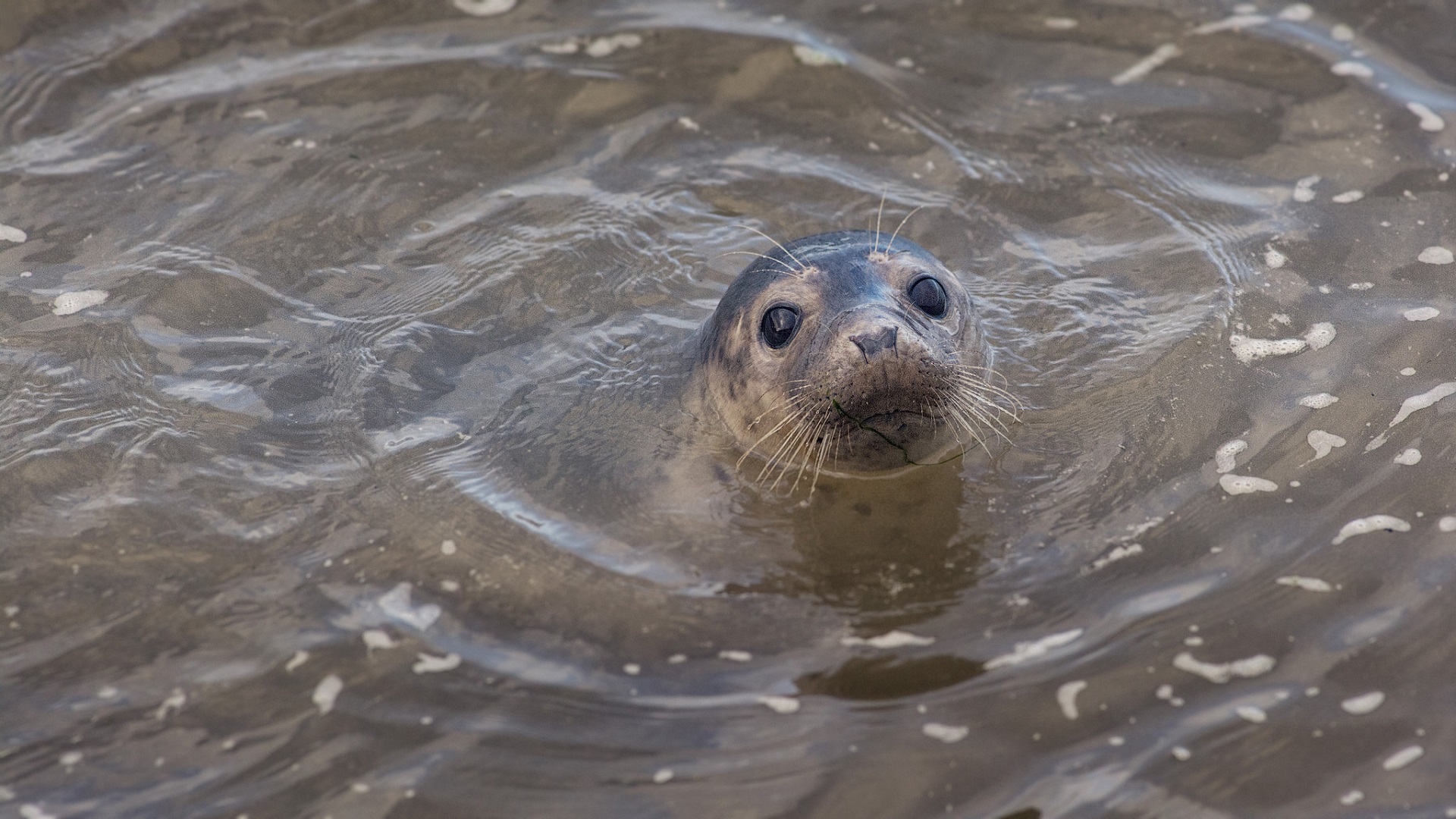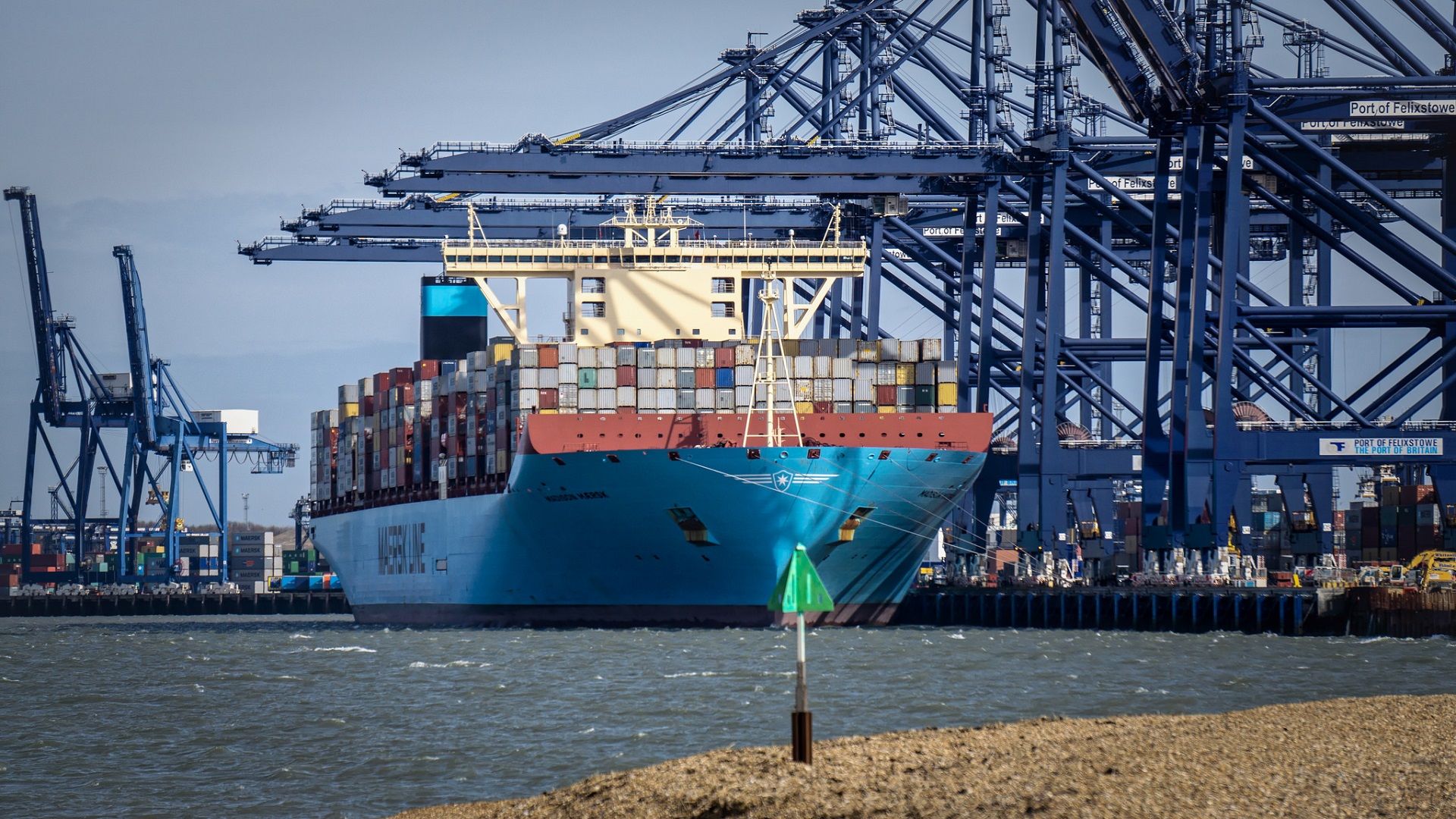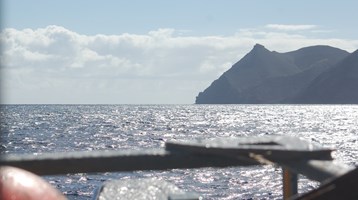
Emergency response
Providing expertise in the event of oil, chemical or radioactive leaks or disease outbreaks
We provide emergency response capability in the event of oil or chemical spills, leaks of radioactivity, or outbreaks of disease. Our scientists help ensure emergencies are dealt with quickly, and with the minimum of harm.


Development of a sustainable marine-based economy has been central to the UK’s prosperity. Shipping, ports and harbours, offshore energy and leisure are all an integral part of the UK’s mixed approach but also increase the risk of accidents that have the potential to release oil or chemicals into sensitive marine environments.
Unfortunately, these risks have resulted in high profile incidents such as those involving the Sea Empress, Braer and MSC Napoli. Therefore a key aspect of responsible and sustainable use of our marine environment requires that we are able to assess the risk, and effectively respond to and monitor the impacts when these incidents occur.
We have been at the forefront of providing UK government with the expert scientific advice and services that have underpinned national preparedness and resilience for nearly 50 years. This includes the provision of prompt advice, available 24/7, to key government agencies to inform decisions such as imposing or removing fisheries closures or giving authorisations to use oil spill dispersants. Our emergency response team takes a multi-disciplinary approach through its access a range of relevant scientific disciplines including hydrocarbons chemistry, ecotoxicology, fisheries biology, oceanographic modelling and marine ecology.
Our 24/7 emergency response capability is maintained and strengthened through our wider involvement in national resilience and preparedness. We have developed the specialist testing procedures that allow oil spill treatment products to be approved for use in UK waters based on effective performance whilst minimising environmental harm.
Our scientists help ensure emergencies are dealt with quickly, and with the minimum of harm
We have taken a national and international lead in the development of guidelines and operational processes to co-ordinate effective post spill monitoring and impact assessment. Under the auspices of the cross-government and industry Premiam initiative, environmental monitoring is now considered a key response strategy and approaches developed under the programme are now referred to in the UK National Contingency Plan.
Beyond this, we remain actively involvement in emergency response research to ensure we develop the understanding of emerging threats and to understand new monitoring techniques. Our research has contributed emergency response issues as diverse as fisheries impacts, spill trajectory modelling, ecotoxicology of bulk transported chemicals and the identification of shoreline marine deposits.







